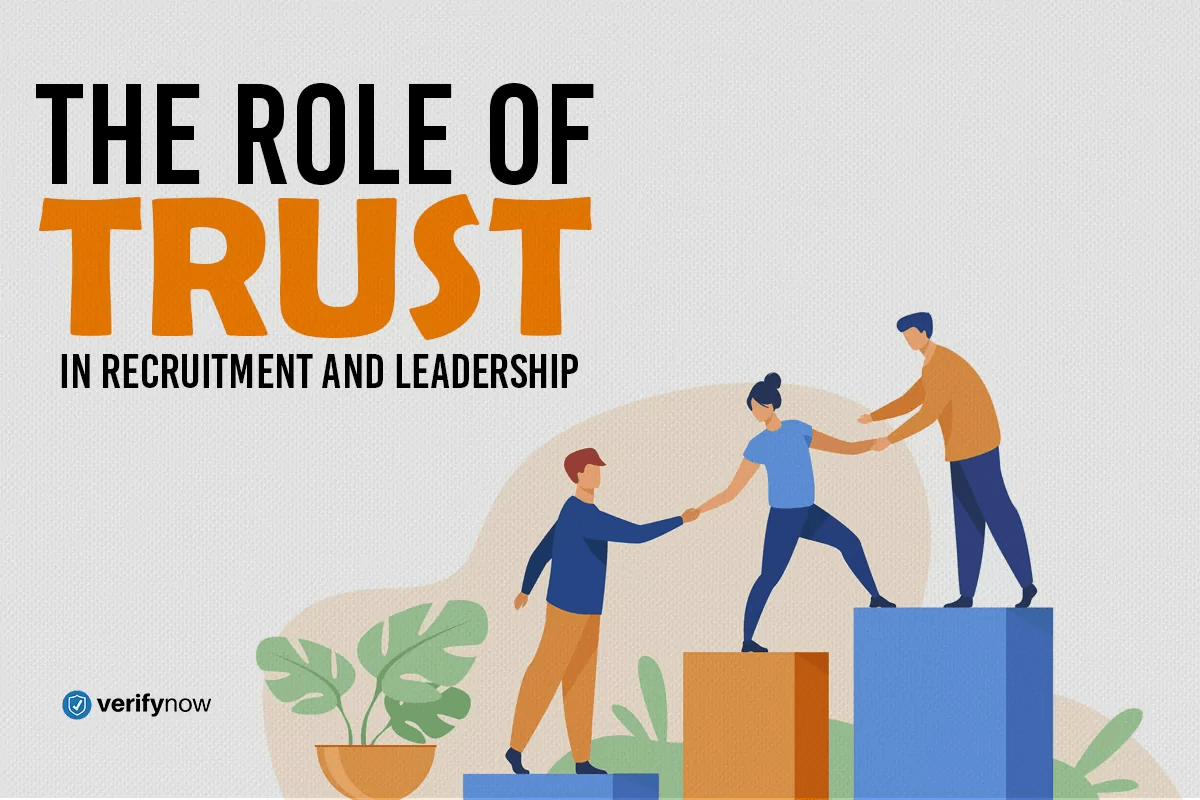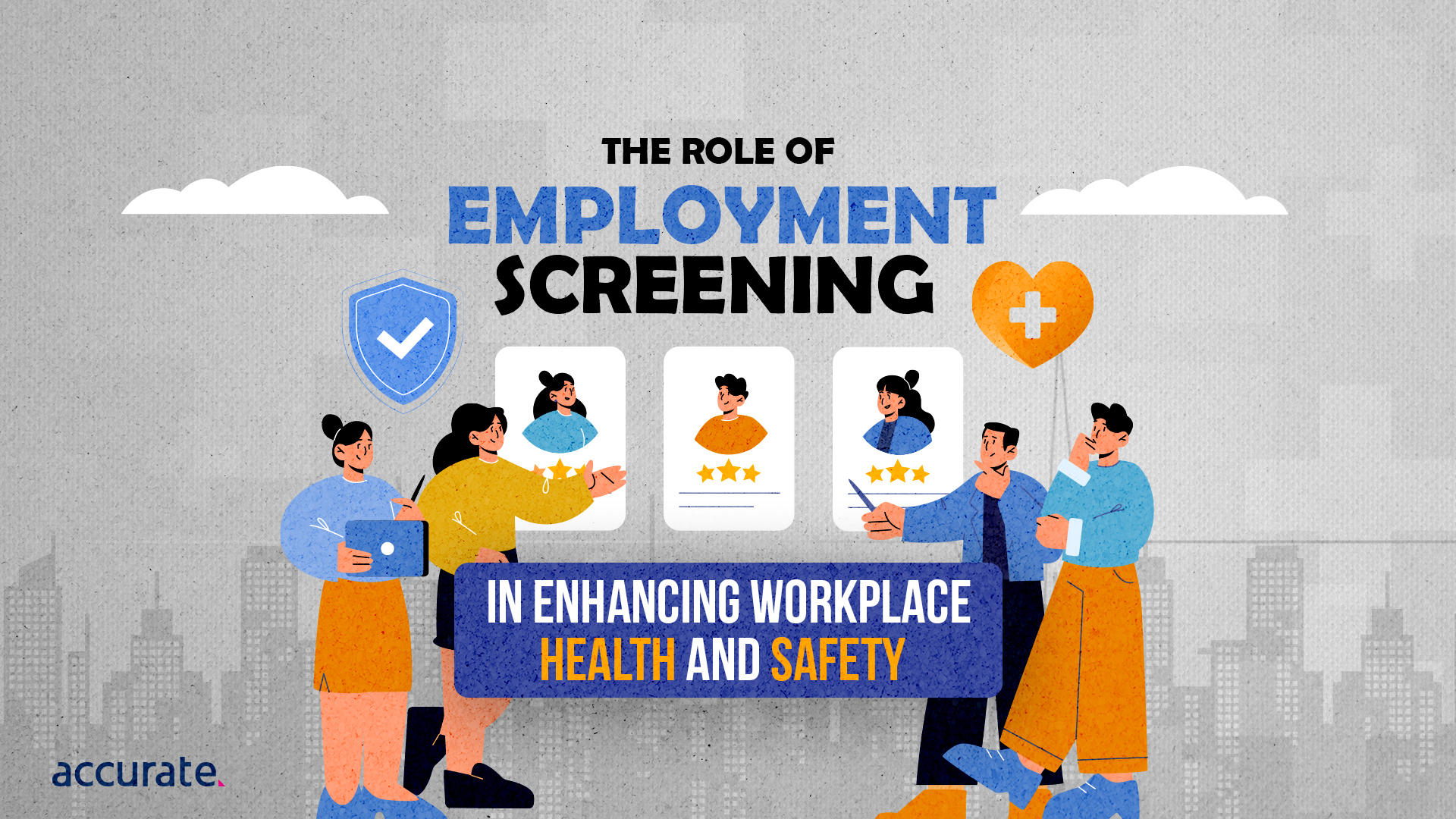In the business world, trust is a fundamental component of success. It allows organisations to build strong relationships with customers, partners, and employees and creates a foundation for collaboration, innovation, and growth.
When it comes to recruitment and leadership, trust plays an especially important role.
In recruitment, trust is crucial for attracting top talent and building a positive employer brand. A company that is known for being trustworthy and reliable is more likely to attract high-quality candidates who are interested in working for a reputable and ethical organisation.
In leadership, trust is essential for inspiring and motivating employees, creating a culture of accountability and collaboration, and driving business results. In addition, leaders trusted by their teams are more likely to build strong relationships with them, increasing employee engagement, retention, and productivity.
In this blog, we will delve deeper into the importance of trust and explore how our guests on the latest season of the HR Think Tank utilise certain strategies to build and maintain it within their organisation.
Plan Your Recruitment Process Better To Build Trust
Recruiting the right talent is critical for any organisation’s success, and a well-planned recruitment process can go a long way in building trust with potential candidates.
VerifyNow’s CEO, Khai Ngo and Recruitment Specialist, Zahra Nathwani, sat down together on episode 17 of the HR Think Tank podcast to discuss best practices around planning your recruitment process and how a holistic approach can strengthen your overall strategy.
Some of the key takeaways from the discussion include:
- A clear and concise job description ensures that potential candidates understand the role they are applying for, the skills required, and the company’s expectations.
- A well-planned candidate sourcing process can attract diverse candidates, ensuring the recruitment process is inclusive and fair.
- A structured interview process, including a set of standardised questions, helps ensure that you evaluate all candidates equally, reducing the risk of biases in the recruitment process.
- A well-organized onboarding process can help new hires feel welcomed, supported, and prepared for their role – which has been shown to increase their engagement and commitment to the organisation.
Reciprocity Builds Trust and Maintains Connections
Reciprocity, the mutual exchange of favours, resources, or support, is essential for building trust and maintaining connections in various social contexts. It enhances cooperation, promotes prosocial behaviour, builds social capital, and establishes social norms, collectively fostering trust and connection.
For example, let’s say you attended a conference where you met a fellow professional with expertise in a specific area that complements your own. You exchange contact information and agree to stay in touch.
A few weeks later, you come across an article that you believe would interest your new connection. You send them the article with a brief note explaining why you thought it would be valuable to them. Sharing knowledge is an example of reciprocity, demonstrating your willingness to provide support without expecting an immediate return.
Your connection appreciates the gesture and reciprocates by inviting you to a future industry event, which provides an opportunity for further networking and collaboration. In addition, this exchange fosters trust between both parties, indicating a mutual willingness to engage in a supportive and cooperative relationship.
Over time, these small acts of reciprocity accumulate, strengthening the trust and connection between both professionals.
Garry Browne, Chairman of Stuart Alexander & Co, shared how these kinds of trust-based relationships are crucial for personal and professional growth as they foster collaboration, knowledge-sharing, and mutual support, ultimately leading to enhanced opportunities and success for all parties involved.
You Need To Work With Others To Win, And You Need To Trust Others To Work With Them
Success is often a collective effort involving collaboration, teamwork, and trust among individuals who contribute their unique skills and expertise. On HR Think Tank episode 19, Paul Roos highlighted this principle by recounting the Sydney Swans’ AFL premiership win in 2005.
He emphasised that it wasn’t just about the coach, captain, or star player; it was a culmination of efforts by numerous people, including the preceding coach Rodney Aid and players such as Paul Kelly, Andrew Dunkley, Darren Cresswell and Tony Locketts.
Roos also stressed the importance of putting systems in place and being consistent with the monotony of being great. This consistency is what helps to build trust between individuals and teams. When everyone knows what they need to do and how to do it, they can rely on each other to achieve the end goal.
As the example illustrates, trusting others and working together is crucial for achieving collective success since it is rarely accomplished alone.
So, trust is essential to foster collaboration, which leads to a greater chance of winning in any context, whether sports or professional life.
Competence-Based Trust
Competence-based trust is a vital ingredient for building workplace relationships, as it refers to the belief that individuals possess the necessary skills, knowledge, and abilities to perform their tasks effectively.
In a financial planning setting, for example, competence-based trust is crucial, as clients and colleagues rely on professionals to provide accurate, well-informed advice to make sound financial decisions.
Dr Michelle Cull discusses this concept in episode 20 of the HR Think Tank podcast, emphasising the importance of competence-based trust in establishing and maintaining successful workplace relationships.
In financial planning, professionals must demonstrate expertise in their field and continually update their knowledge to adapt to evolving market conditions and regulatory changes. When individuals trust their colleagues’ and advisors’ competence, they are more likely to collaborate, share information, and work together towards common goals.
Competence-based trust fosters a positive work environment, enhances team cohesion, and contributes to the organisation’s overall success.
Communication is Crucial For Trust
Communication is another critical factor in building trust, as it enables individuals to share information, address concerns, and work towards common goals.
Doug Ferguson, the Head of Asia and International Markets for KPMG elaborates on this concept during episode 23 of the HR Think Tank podcast. He explains how effective communication has enabled him to build trust and foster alignment with international teams in a complex business environment.
Ferguson emphasises the role of leaders in actively listening and understanding local issues while sharing the big picture to ensure that everyone is on the same page. By doing so, he ensures that all team members feel heard, valued, and aligned with the organisation’s objectives.
This approach demonstrates empathy and a genuine interest in addressing the concerns of his team, which in turn fosters trust and collaboration.
As illustrated by Doug Ferguson’s approach, effective communication promotes transparency, accountability, and mutual understanding, essential ingredients for fostering strong relationships and enabling teams to function efficiently and collaboratively.
Key Takeaways
Trust is the cornerstone of any successful personal or professional relationship.
The power of strong recruitment processes, reciprocity, competence-based trust, and effective communication are vital elements in building trust and maintaining connections in various settings.
Employment screening also plays a significant role in fostering trust by ensuring individuals have the necessary skills, experience, and integrity to contribute positively to an organisation. As we navigate an increasingly interconnected world, fostering trust remains crucial in achieving success and driving collaboration.
To ensure your organisation benefits from a trust-based workforce, consider partnering with VerifyNow for comprehensive employment screening services. Reach out to our team of experts today to learn more about how Accurate Australia can help create a trustworthy and reliable work environment for your organisation.



